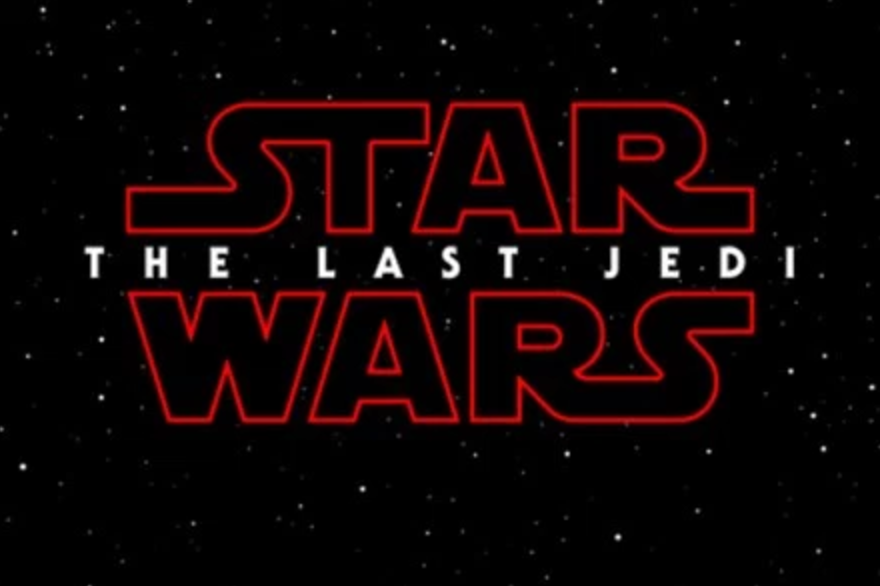Leadership Comes From Everywhere
For years I’ve been working on structuring an interview for assessing leadership. How do you figure out if someone has leadership skills in an hour-long interview? The answer is: you don’t. You need multiple humans not only asking a diverse set of questions but also listening to answers and pivoting to follow-up questions as they… more
